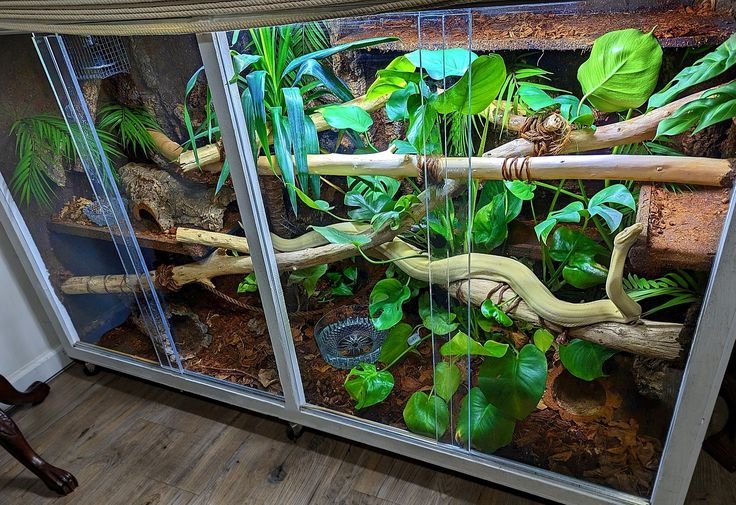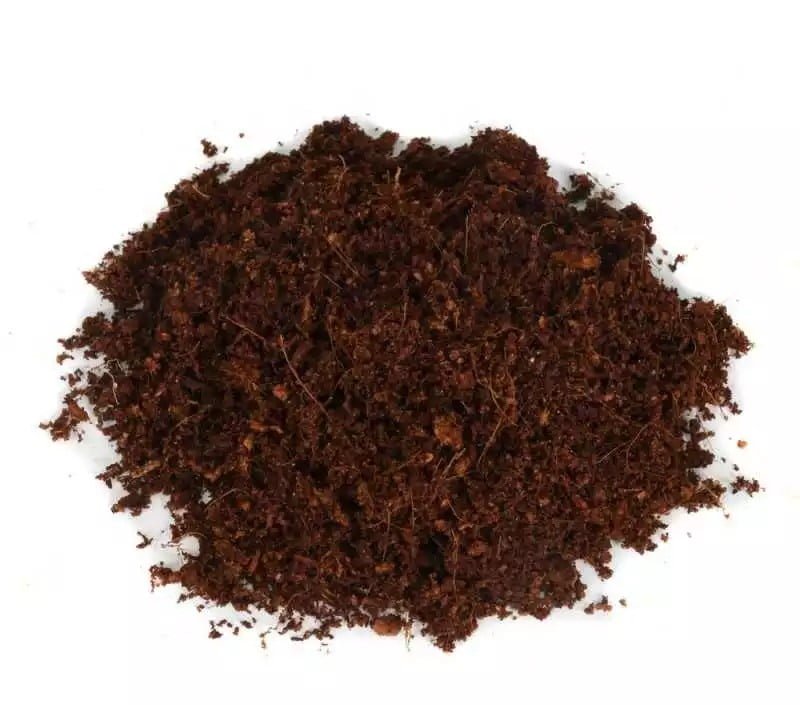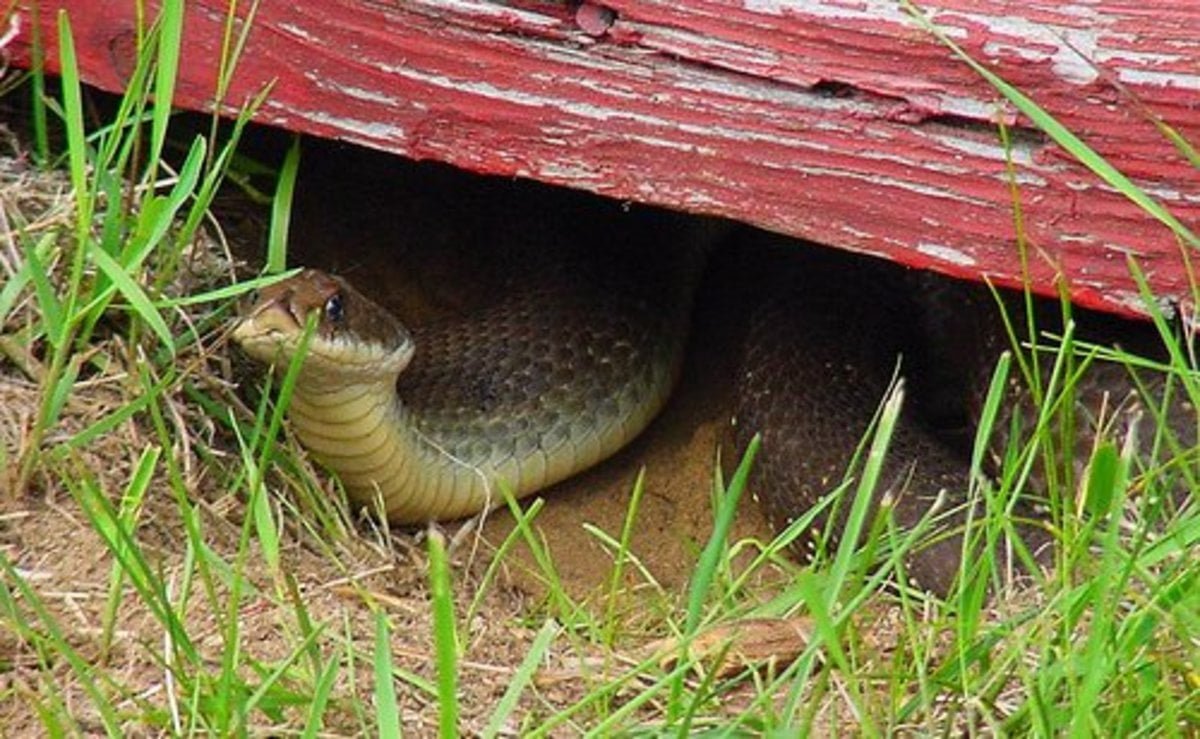Care, Behavior, and More
Table of Contents
Ball pythons (Python regius), also known as royal pythons, are among the most popular pet snakes in the world. Renowned for their manageable size, docile nature, and striking patterns, these African natives make for intriguing pets. This blog post aims to shed light on every aspect of ball python care—from setting up the perfect habitat to feeding, handling, and health management. We’ll also explore their fascinating behavior, debunk myths, and provide insights into the conservation status and ethical considerations of keeping ball pythons as pets. By the end of this guide, you’ll be well-equipped with the knowledge to either begin your journey with a ball python or deepen your understanding and appreciation of these remarkable reptiles.
Setting Up the Perfect Habitat

Creating a comfortable and stimulating environment for your ball python is crucial for its health and happiness. Here’s what you need to know:
Enclosure: A secure, ventilated enclosure is a must. A 40-gallon tank is often recommended for an adult ball python, providing ample space for them to explore without feeling overwhelmed.

Temperature and Humidity: Ball pythons require a warm environment with a gradient of 75-80°F on the cool side and 88-92°F on the warm side. Humidity should be maintained at 50-60% to aid in shedding and overall health.

Substrate: Choose a substrate that retains moisture well, like coconut fiber or bark, to help maintain humidity levels.

Hiding Spots: Providing hiding places on both the warm and cool ends of the enclosure will help your ball python feel secure and regulate its body temperature.

Feeding Your Ball Python
Ball pythons are carnivores, with their diet in captivity primarily consisting of rodents. Here are some feeding tips:
- Prey Size: Offer prey items that are roughly the same size as the widest part of the snake’s body.
- Frequency: Juvenile pythons should eat once a week, while adults can be fed less frequently, typically once every two to three weeks.
- Frozen vs. Live: Frozen-thawed rodents are recommended over live prey to prevent potential injury to your snake.
Behavior and Handling
Understanding your ball python’s behavior is key to a harmonious relationship. Ball pythons are generally docile and easy to handle, making them excellent pets for those new to snake ownership. Regular, gentle handling can help build trust between you and your snake, but always be mindful of their mood and health, giving them space when they’re shedding or seem stressed.
Health Management
A healthy ball python is an active and curious one. Be on the lookout for signs of illness, such as lethargy, refusal to eat, respiratory issues, or problems shedding. Regular veterinary check-ups can help catch and address any health concerns early.
Conservation and Ethical Considerations
While ball pythons are not currently listed as endangered, their popularity in the pet trade has led to concerns about wild-caught specimens and their impact on local populations. Opting for captive-bred snakes from reputable breeders can help ensure the health of your pet and the sustainability of their species.
FAQs:
- Q: How long do ball pythons live?
- A: With proper care, ball pythons can live 20 to 30 years in captivity, making them a long-term commitment.
- Q: Can ball pythons recognize their owners?
- A: While they may not recognize owners in the same way a dog or cat might, ball pythons can become familiar with their handler’s scent and presence, leading to a more relaxed and trusting behavior over time.
- Q: Do ball pythons need a companion?
- A: Ball pythons are solitary creatures and do not require a companion. In fact, housing them together can lead to stress and competition for resources.
Conclusion
This guide just scratches the surface of the captivating world of ball pythons. These creatures offer a unique blend of beauty, intrigue, and companionship. Whether you’re already a proud python parent or considering joining the ranks, there’s always more to learn and discover about these remarkable reptiles. Remember, the key to a happy and healthy ball python is understanding, patience, and care. Happy herping!


